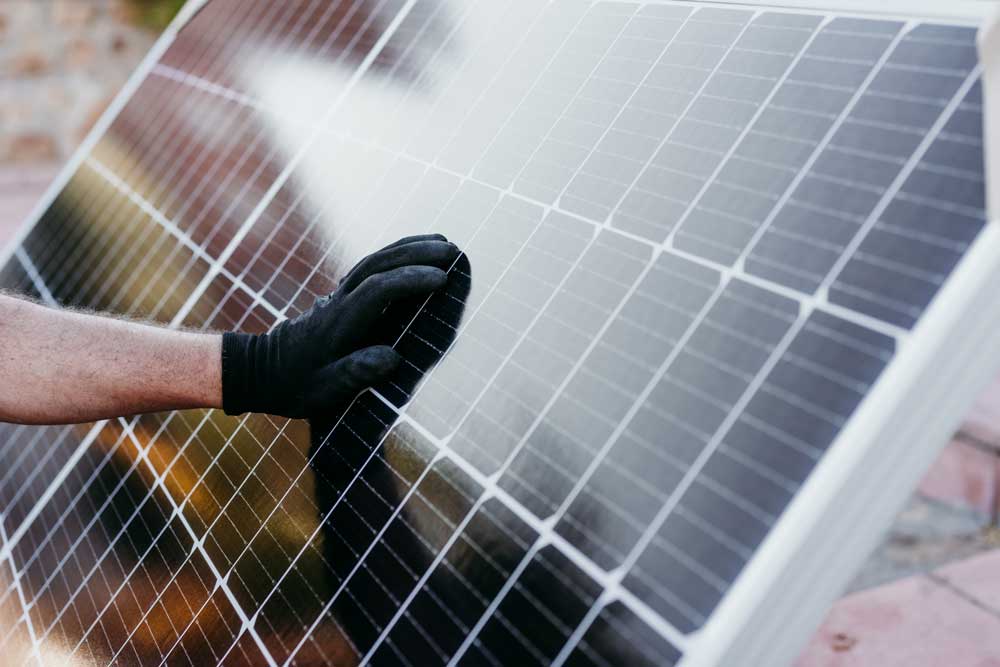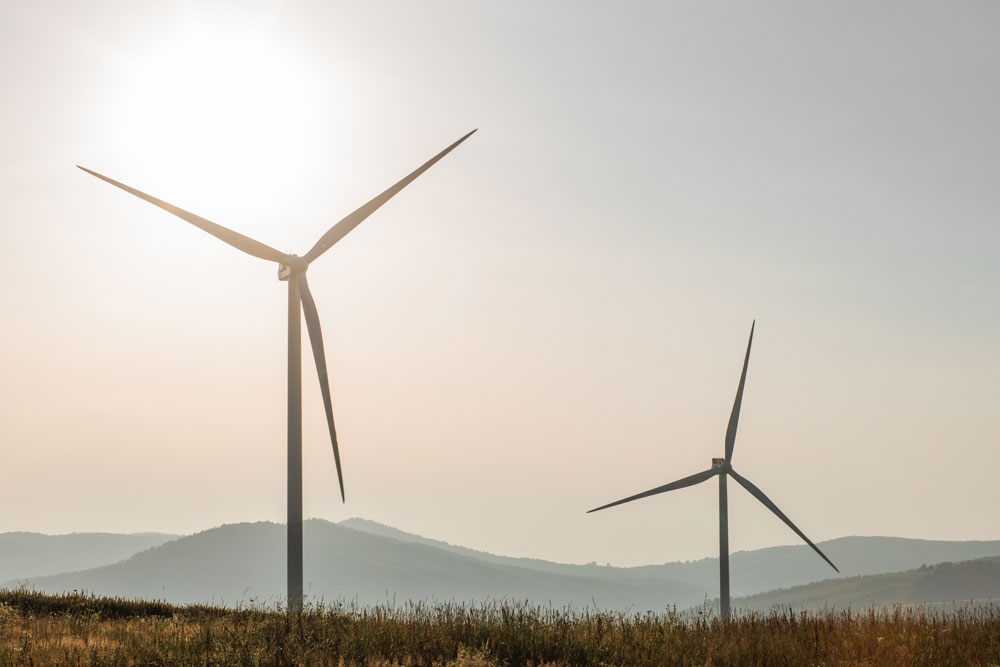Are Solar Panels Really Good for the Environment?
Are solar panels really good for the environment? The answer may surprise you.
Solar panels are often touted as being environmentally friendly, but the truth is that they can have a significant impact on the environment. The manufacturing process for solar panels requires the use of toxic chemicals, and the panels themselves can contain heavy metals. Solar panels also require a lot of energy to produce, and the process of disposing of them can be harmful to the environment.
However, solar panels do have some environmental benefits. They can help to reduce greenhouse gas emissions, and they can also help to reduce the amount of energy that is consumed by traditional power plants. Solar panels can also help to create jobs and spur economic development.
Ultimately, whether or not solar panels are good for the environment depends on a variety of factors. It is important to consider the entire life cycle of a solar panel before making a decision about whether or not it is truly environmentally friendly.
What are solar panels?
Solar panels are devices that convert sunlight into electricity. They are made up of a series of solar cells, which are connected together. Solar panels can be used to power homes, businesses, and even vehicles.
Solar panels are often touted as being environmentally friendly, but the truth is that they can have a significant impact on the environment. The manufacturing process for solar panels requires the use of toxic chemicals, and the panels themselves can contain heavy metals. Solar panels also require a lot of energy to produce, and the process of disposing of them can be harmful to the environment.
However, solar panels do have some environmental benefits. They can help to reduce greenhouse gas emissions, and they can also help to reduce the amount of energy that is consumed by traditional power plants. Solar panels can also help to create jobs and spur economic development.
Ultimately, whether or not solar panels are good for the environment depends on a variety of factors. It is important to consider the entire life cycle of a solar panel before making a decision about whether or not it is truly environmentally friendly.

How do solar panels work?
Solar panels work by converting sunlight into electricity. The solar cells in the panels absorb the sunlight and convert it into electrical energy. The electrical energy is then used to power homes, businesses, and vehicles.
Solar panels are often touted as being environmentally friendly, but the truth is that they can have a significant impact on the environment. The manufacturing process for solar panels requires the use of toxic chemicals, and the panels themselves can contain heavy metals. Solar panels also require a lot of energy to produce, and the process of disposing of them can be harmful to the environment.
However, solar panels do have some environmental benefits. They can help to reduce greenhouse gas emissions, and they can also help to reduce the amount of energy that is consumed by traditional power plants. Solar panels can also help to create jobs and spur economic development.
Ultimately, whether or not solar panels are good for the environment depends on a variety of factors. It is important to consider the entire life cycle of a solar panel before making a decision about whether or not it is truly environmentally friendly.

What are the environmental impacts of solar panels?
The environmental impacts of solar panels depend on a variety of factors, including the manufacturing process, the materials used, the lifespan of the panels, and the process of disposing of them.
Solar panels are often touted as being environmentally friendly, but the truth is that they can have a significant impact on the environment. The manufacturing process for solar panels requires the use of toxic chemicals, and the panels themselves can contain heavy metals. Solar panels also require a lot of energy to produce, and the process of disposing of them can be harmful to the environment.
However, solar panels do have some environmental benefits. They can help to reduce greenhouse gas emissions, and they can also help to reduce the amount of energy that is consumed by traditional power plants. Solar panels can also help to create jobs and spur economic development.
Ultimately, whether or not solar panels are good for the environment depends on a variety of factors. It is important to consider the entire life cycle of a solar panel before making a decision about whether or not it is truly environmentally friendly.
The benefits of solar panels
Solar panels have a number of environmental benefits. They can help to reduce greenhouse gas emissions, and they can also help to reduce the amount of energy that is consumed by traditional power plants. Solar panels can also help to create jobs and spur economic development.
Solar panels are often touted as being environmentally friendly, but the truth is that they can have a significant impact on the environment. The manufacturing process for solar panels requires the use of toxic chemicals, and the panels themselves can contain heavy metals. Solar panels also require a lot of energy to produce, and the process of disposing of them can be harmful to the environment.
However, solar panels do have some environmental benefits. They can help to reduce greenhouse gas emissions, and they can also help to reduce the amount of energy that is consumed by traditional power plants. Solar panels can also help to create jobs and spur economic development.
Ultimately, whether or not solar panels are good for the environment depends on a variety of factors. It is important to consider the entire life cycle of a solar panel before making a decision about whether or not it is truly environmentally friendly.
The disadvantages of solar panels
Solar panels have a number of environmental disadvantages. The manufacturing process for solar panels requires the use of toxic chemicals, and the panels themselves can contain heavy metals. Solar panels also require a lot of energy to produce, and the process of disposing of them can be harmful to the environment.
Solar panels are often touted as being environmentally friendly, but the truth is that they can have a significant impact on the environment. The manufacturing process for solar panels requires the use of toxic chemicals, and the panels themselves can contain heavy metals. Solar panels also require a lot of energy to produce, and the process of disposing of them can be harmful to the environment.
However, solar panels do have some environmental benefits. They can help to reduce greenhouse gas emissions, and they can also help to reduce the amount of energy that is consumed by traditional power plants. Solar panels can also help to create jobs and spur economic development.
Ultimately, whether or not solar panels are good for the environment depends on a variety of factors. It is important to consider the entire life cycle of a solar panel before making a decision about whether or not it is truly environmentally friendly.
Are solar panels really good for the environment?
The answer to this question depends on a variety of factors. Solar panels have a number of environmental impacts, both positive and negative. It is important to consider the entire life cycle of a solar panel before making a decision about whether or not it is truly environmentally friendly.

